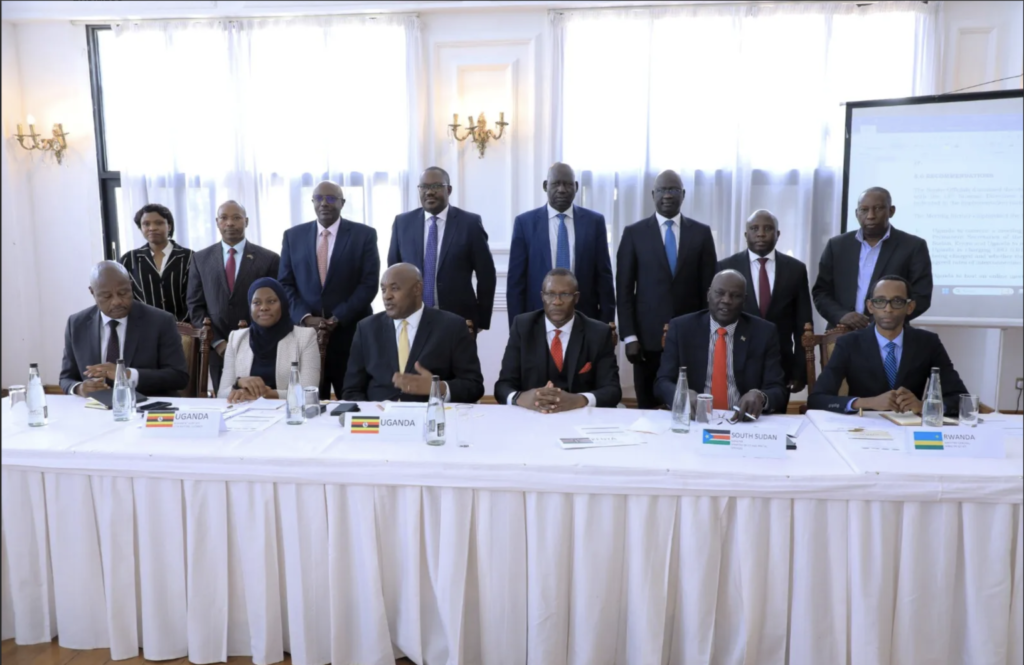East African Community (EAC) have agreed to collectively invest resources in establishing a jointly-operated satellite to deliver internet services across the region. This decision was reached during the Joint Ministerial meeting of the ICT Infrastructure Development cluster under the Northern Corridor Integration Projects (NCIPs), convened on Thursday, November 9, in Nairobi, Kenya.
Eliud Owalo, Kenya’s Cabinet Secretary at the Ministry of Information, Communications, and Digital Economy, hosted the high-level meeting. It saw the participation of representatives from member states, including South Sudan’s ICT Minister, Hon Michael Makuei Lueth, Mr Gordon Kalema, Director General of Digital Transformation from the Ministry of ICT and Innovation of Rwanda and many more.

The meeting, chaired by Uganda’s ICT Minister, Dr. Chris Baryomunsi, served as a platform for Information and Communication Technology regional ministers from East Africa to evaluate the advancement of various infrastructural projects to substantially enhance the region’s socioeconomic development.
A key takeaway from the event was the ministers’ commitment to expediting the procedures for setting up a regional satellite dedicated to communication to provide reliable broadband internet services and broadcasting capabilities, as outlined in the joint communique issued after the meeting.
Responding to inquiries regarding the satellite cost, Amb Richard Kabonero, the Coordinator of Northern Corridor Projects, informed Chimp Reports that launching such a satellite is estimated to be around USD 300 million, which is deemed expensive for individual countries. However, a regional collaboration could make this endeavour more feasible.
The East African Community (EAC) bloc, with a population of about 174 million, is poised to facilitate collaboration with international tech companies. The region is actively implementing e-services, including a data-sharing framework, full integration of mobile financial services, and mutual access to secure and reliable information.
Despite these efforts, a recognised need for accelerated implementation persists. The ministers advocate for a harmonised approach to policies supporting data storage and management. They expect to have made significant strides in the project implementation by the next joint ministerial meeting of the ICT Infrastructure Development Cluster in the Republic of South Sudan.
Credit: Space in Africa



